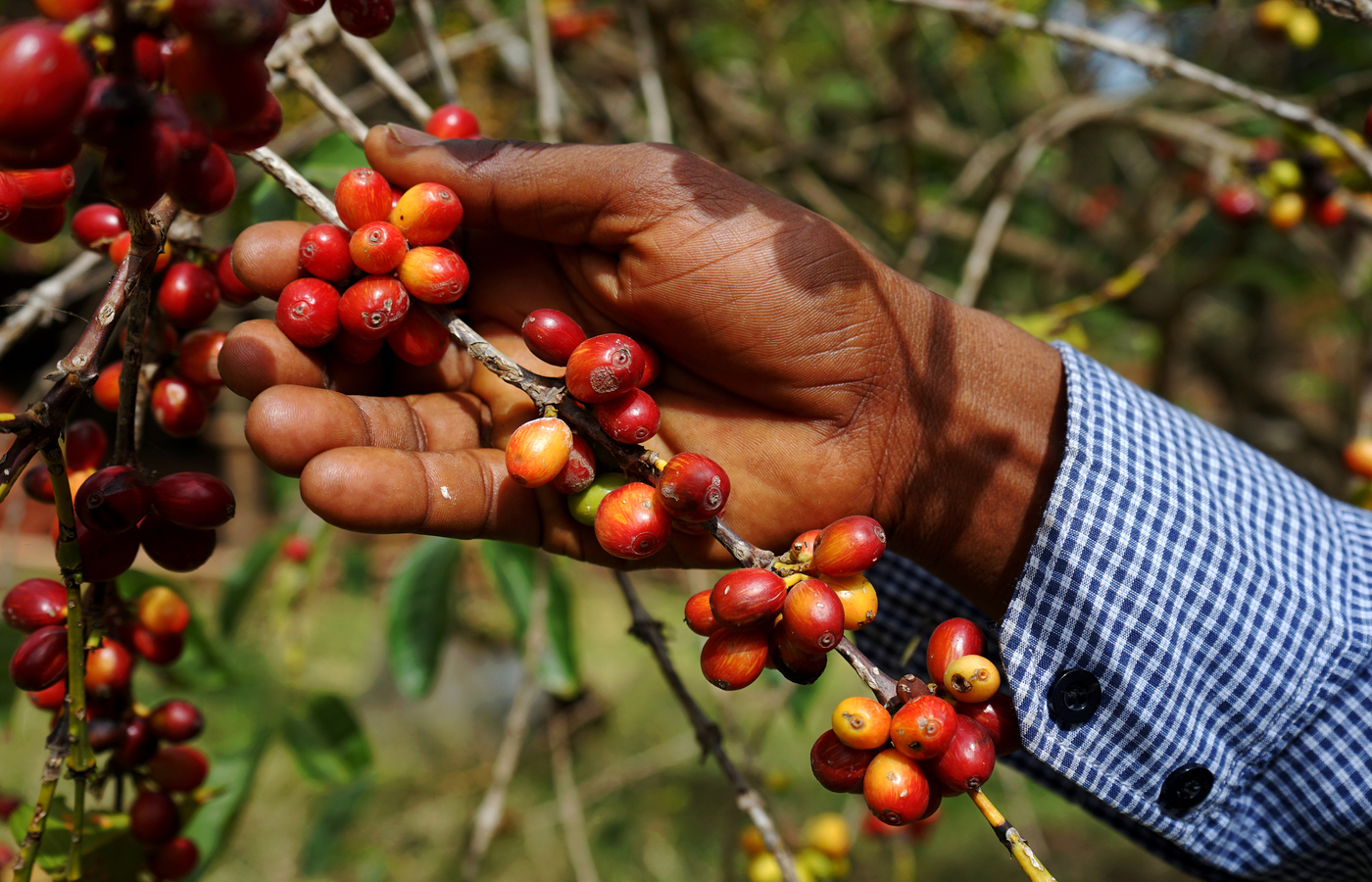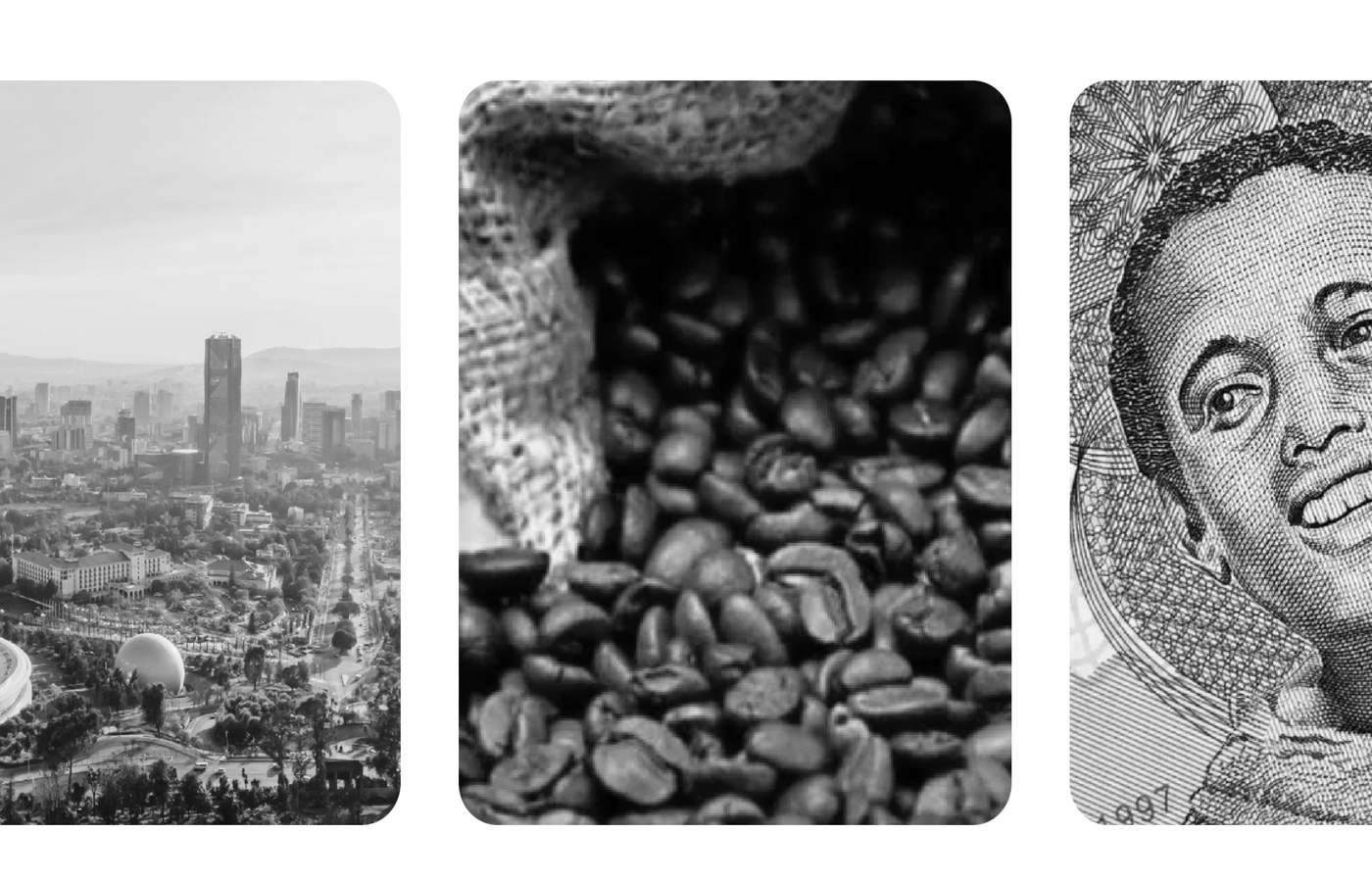Ethiopia's Finance Ministry has issued a new directive clarifying the scope of value-added tax (VAT) exemptions in an effort to boost revenue collection while still supporting low-income households.
The directive, effective immediately, withdraws most past blanket exemptions granted through various decisions in favor of specifically targeting essential items.
It acknowledges that broad exemptions in the past did little to aid those intended and instead reduced state funds that could have been used for social and economic programs.
While basic foodstuffs will remain VAT-free, some imported and locally produced necessities are newly exempt to ease the financial pressure on the poor. VAT-exempt items under the new rules include cereals and pulses, including teff, wheat, barley, and maize, among others.
Agricultural inputs - fertilizer, pesticides, seeds, veterinary drugs and sprayers - are also exempted. It also applies to cooked foods or drinks - injera flatbread, bread, and milk.
Capital goods provided via lease and anti-malaria nets, condoms, water treatment chemicals will get the exemptions.
All other previously tax-free goods will face the standard 15 percent VAT rate. International treaty obligations and special arrangements are excluded from the changes.





